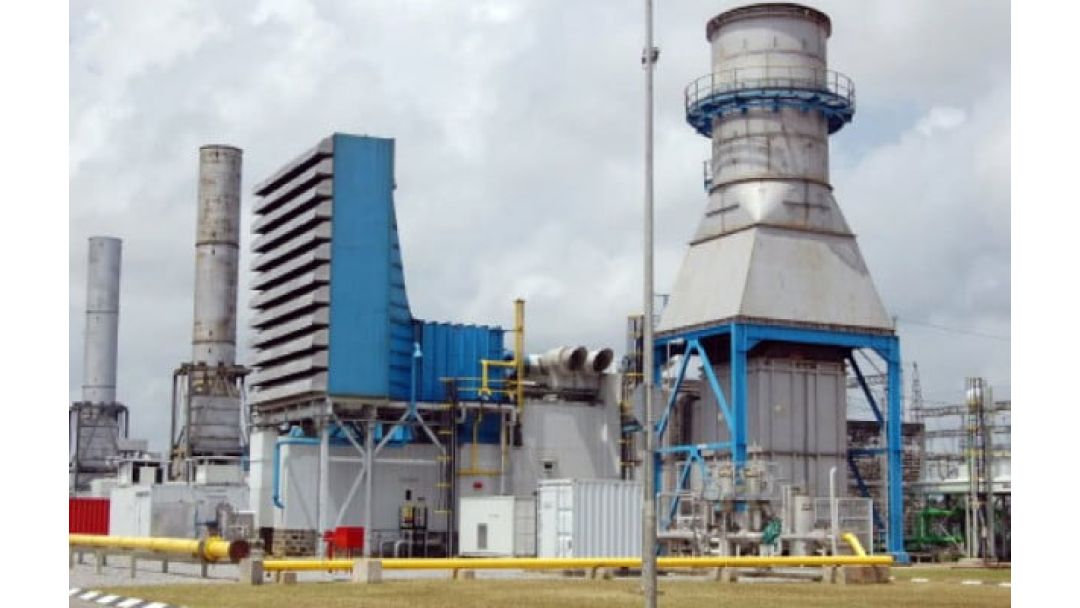Nigeria TV Info
Manufacturing import bill widens N14tn trade deficit
Nigeria’s trade deficit has surged to ₦14 trillion, driven largely by the rising cost of manufacturing imports. Latest figures from the National Bureau of Statistics (NBS) show that the country’s heavy reliance on imported raw materials, machinery, and intermediate goods has continued to strain its foreign exchange reserves.
Analysts warn that the imbalance underscores Nigeria’s weak industrial base and persistent dependence on external markets to meet local production needs. While exports—dominated by crude oil—remain sluggish due to global price fluctuations, imports in the manufacturing sector have spiked, particularly in chemicals, industrial equipment, and processed goods.
Economic experts caution that unless urgent steps are taken to boost local manufacturing, diversify exports, and stabilize the naira, the widening deficit could further weaken investor confidence and heighten inflationary pressures.
The Federal Government has reiterated its commitment to industrialization through infrastructure investments, credit facilities, and policies aimed at supporting small and medium-scale manufacturers. However, stakeholders argue that policy inconsistency, energy challenges, and high production costs continue to limit the sector’s competitiveness.


Comments